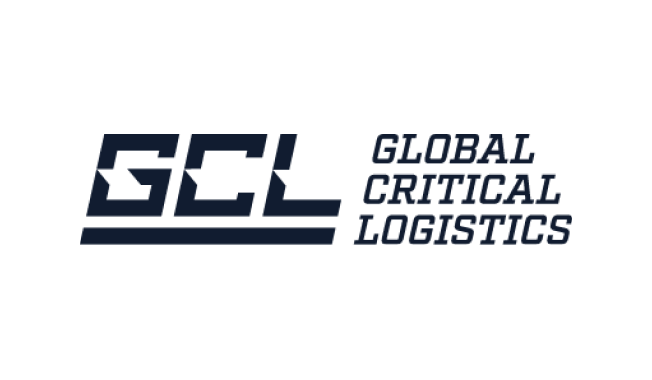Capacity constraints, supply chain shortages drive PE deals in aerospace, transportation and logistics
“Structural shortages of capacity to meet demand across nearly all legs of the supply chain and the shifting requirements of e-commerce have further accelerated the increasing need for transportation and logistics providers, which has supported continued strong returns for investors in these sectors,” said ATL Partners’ Kirby Fine.
PE Hub
By Mary Kathleen Flynn
PE Hub’s ongoing series of Q&As with high-profile private equity pros continues today with insights from Kirby Fine, partner, ATL Partners. New York-based ATL was formed in 2014 to make private equity and preferred securities or debt investments in the aerospace, transportation and logistics (ATL) sectors, principally in North America. In February, ATL and BCI sold Pilot Freight Services to AP Moller – Maersk for approximately $1.7 billion in cash. We asked Fine about that deal and trends in the sectors in which ATL invests.
What’s driving deals in the aerospace, transportation and logistics sectors you invest in?
Capacity constraints and shortages at each leg of the supply chain, along with the increased service requirements of e-commerce, are making it increasingly important for transportation and logistics providers to control their own capacity networks in order to provide reliable service to their customers. This is driving consolidation in the transportation and logistics sectors, as strategic acquirers look for differentiated access to capacity.
How are you meeting challenges like high prices for targets?
We are highly focused on a select number of what we believe to be the most compelling subsectors and themes within the broader aerospace, transportation and logistics sectors. Prior to making an investment, we spend multiple years developing and refining the subsector thesis and identifying the most attractive and best positioned companies and talent to help us execute on that thesis. This time-intensive approach has led to the majority of our investments being done on a completely proprietary basis, outside of processes, and gives us conviction around the value creation plan that we expect to execute during our ownership.
How are supply chain disruptions affecting your investments in these sectors? What about labor shortages and inflation?
Supply chain disruptions are creating opportunities for our transportation and logistics portfolio companies as each has differentiated access to capacity within its subsector and therefore serves as a critical partner to shippers. Labor shortages are driving much of the supply chain disruption, as the US currently has a shortage of 80,000 drivers and 500,000 warehouse workers. This is driving wage inflation at our companies and also investments in automation and technology in order to meet the growth in demand, despite labor shortages.
ATL and BCI recently sold Pilot Freight Services to AP Moller – Maersk for approximately $1.7 billion in cash. Tell us about the deal.
Pilot is the second-largest provider of home delivery for big and bulky goods in the US and services the first, middle, and last mile for both B2C and B2B through a nationwide facility and ground transportation network. Under our ownership, Pilot has grown from approximately $28 million of adjusted EBITDA and 800 employees in 2016 to an estimated $127 million of adjusted EBITDA and over 2,600 employees in 2021. During that period, Pilot invested over $70 million in technology and data science to enhance and automate decision making and improve productivity. Pilot was a strong strategic fit for Maersk, as they continue to build out an integrated end-to-end logistics offering, alleviate capacity constraints for customers and benefit from the secular growth in e-commerce for big and bulky goods.
What are the exit opportunities in the sectors you’re investing in?
Strategic acquirers of all types (including sponsor-backed businesses) have been extremely active on the acquisition front in an effort to secure capacity in order to provide reliable service and also realize the benefits of scale in their networks.
How are returns and hold times changing in these sectors?
Secular trends, including increasingly complex supply chains, the proliferation of e-commerce, and increased outsourcing, have underpinned consistent and strong long-term growth (with the US 3PL market having grown at a 9 percent CAGR over the last 25 years). In recent years, structural shortages of capacity to meet demand across nearly all legs of the supply chain and the shifting requirements of e-commerce have further accelerated the increasing need for transportation and logistics providers, which has supported continued strong returns for investors in these sectors.
What’s next for ATL?
We expect many of these structural capacity shortages to persist, particularly as supply chains adjust to the requirements of e-commerce. Accordingly, we are pursuing investment themes in areas that address these pain points, including through network-based business models, automation, and technology, where we believe our deep sector expertise and proven process for building market leaders can be leveraged to drive successful outcomes.

